Rohit Kumar, former General Counsel at Ola, joins The Abstract to share his journey from global corporate law firms to leading legal functions at high-growth companies. In conversation with Tyler Finn, Rohit reflects on the courage to reinvent, the power of legal technology, and the importance of building a strong team culture. He shares lessons from managing cross-border litigations, implementing CLM systems ahead of the pandemic, and navigating India’s regulatory complexities. A must-listen for lawyers, GCs, and leaders seeking to balance empathy, innovation, and execution in a rapidly changing legal world.
Key Insights:
1. The Decision to Leave Big Law Came Down to Time, Not Money
Inspired by Charlie Munger’s belief in controlling one’s time, Kumar realized he didn’t want a life “billed every six minutes.” Watching a senior partner cancel a family vacation for a client deal was the moment that sealed it — “If he couldn’t control his time after decades, when would I?”
2. In-House Requires Emotional Intelligence, Not Just Legal Expertise
The biggest shift, he says, is that you move from being a revenue generator to a support function — your role becomes enabling, not dictating. Success comes from stakeholder management, communication, and influencing without authority
3. Legal Tech Was His Competitive Advantage
At UPL, Kumar pushed early for compliance and CLM automation—well before GenAI entered the picture. “Technology brings efficiency and accountability,” he says. He convinced leadership to invest in tech by showing how small advantages compound over time. “If you’re not using tech, you’re competing with people who are.”
4. CLM Became the Backbone of Global Coordination
Managing legal operations across continents was impossible without centralized visibility. CLM helped UPL bring consistency to approvals, enforce risk matrices, and ensure that business users—not just legal—were accountable for decisions. “Without tech, we’d still be chasing emails and signatures.”
5. COVID Turned Adoption into a Movement
When lockdowns hit, Kumar’s team had already rolled out CLM across 70% of regions. Suddenly, digital signatures, virtual approvals, and Teams became the norm. “Overnight, what was optional became essential,” he says. Adoption soared because tech was the only way to keep business moving
6. Leadership in Founder-Led Companies Means Speed over Perfection
Joining Ola taught him agility. “Execution trumps perfection,” he says. In fast-growth tech, lawyers must adapt to a risk-tolerant culture — enabling decisions while protecting the company’s downside. “You have to be nimble. Growth always trumps comfort.”
7. Culture Starts with Who You Hire
Kumar believes in creating “islands of culture” within large organizations. He hires for temperament over aggression and invests in tech to move his team “up the value chain.” His mantra: eliminate the mundane so lawyers can think deeply and contribute strategically.
8. Closing Insight
Legal ops leaders are often tasked with doing more with less. Kumar’s playbook shows that the answer isn’t more people—it’s more precision. When tech, process, and trust align, efficiency becomes inevitable.
In this podcast, we cover
00:00 Introduction
02:04 Rohit’s early career journey: choosing law and working across India and international firms
04:40 Moving from law firm life to in-house: time, control, and motivation
06:47 Adapting to in-house culture, stakeholder management, and leadership mindset
10:09 Early adoption of legal tech and compliance solutions at UPL
15:21 Pandemic-driven adoption of CLM and collaboration tools
19:50 Transitioning from traditional enterprises to founder-led tech companies and scaling Ola’s legal team
22:58 Leadership evolution: building teams, specialized roles, and creating a strong culture
30:28 High-stakes legal challenges: managing litigation and settlement strategy in Ola’s UK class action case
37:20 Regulatory complexities: two-wheeler taxis and navigating government pushback in India
42:37 Contracting efficiency: blockers to CLM adoption, improving processes, and scaling efficiency
48:13 Rapid-fire Questions

.svg)








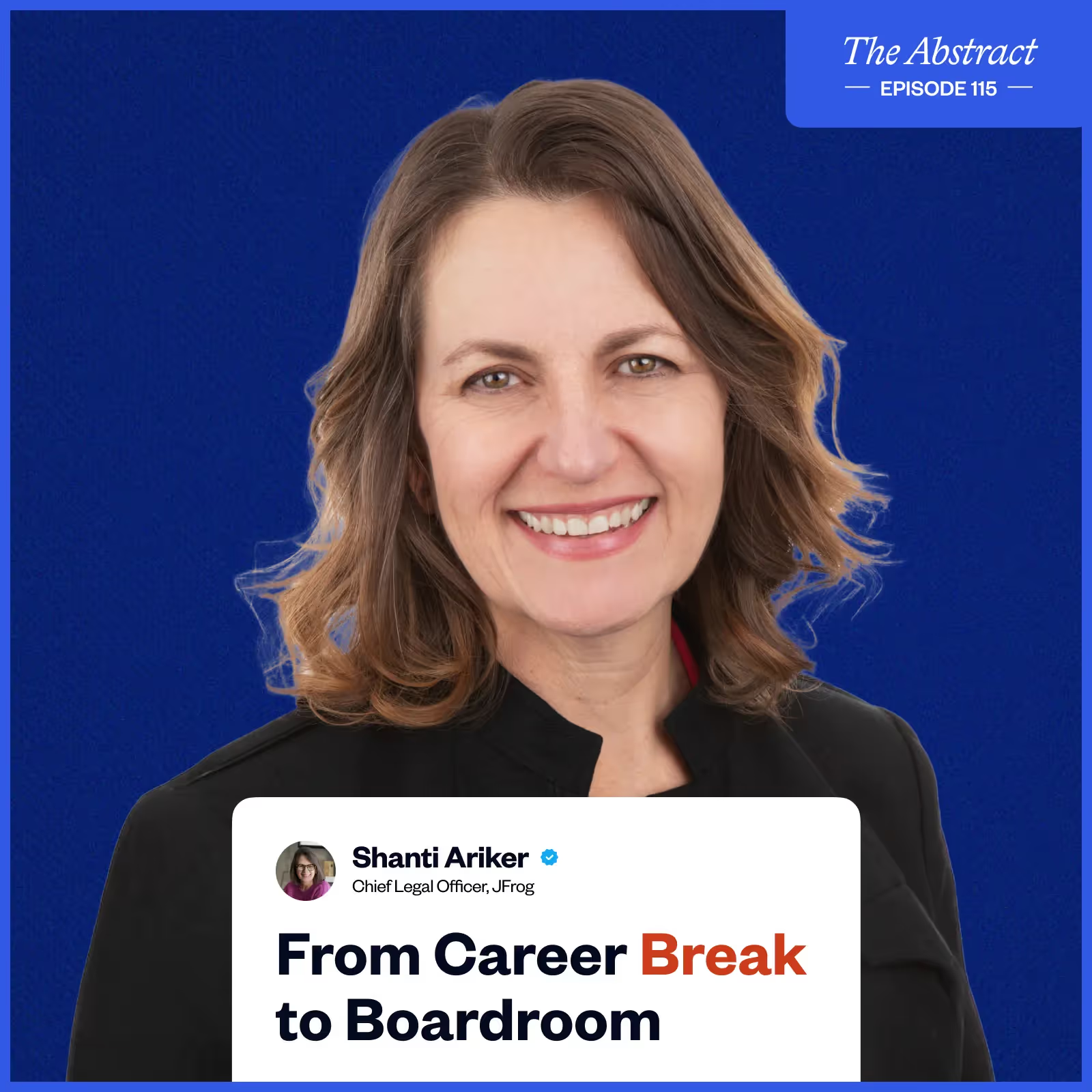
.svg)
.svg)




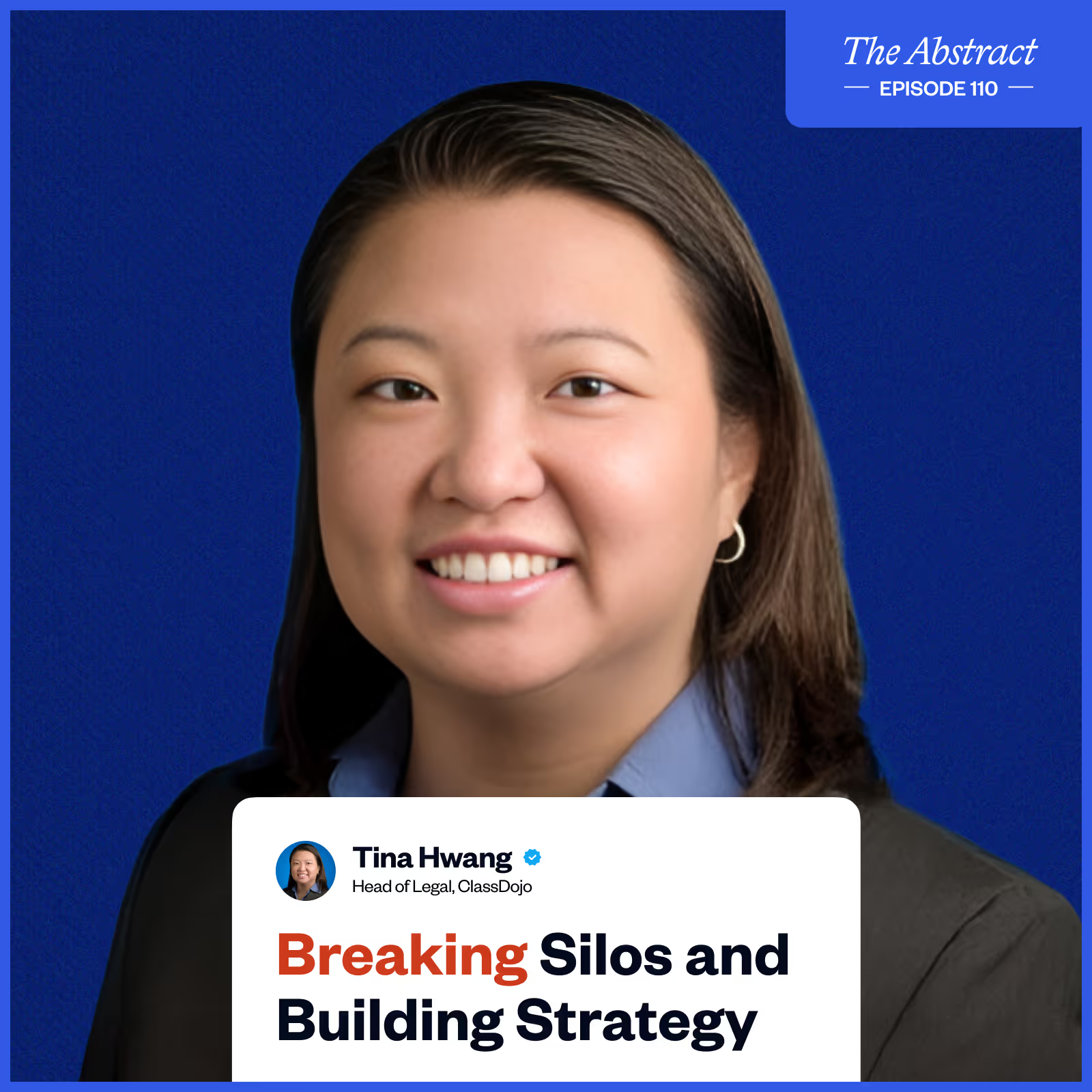


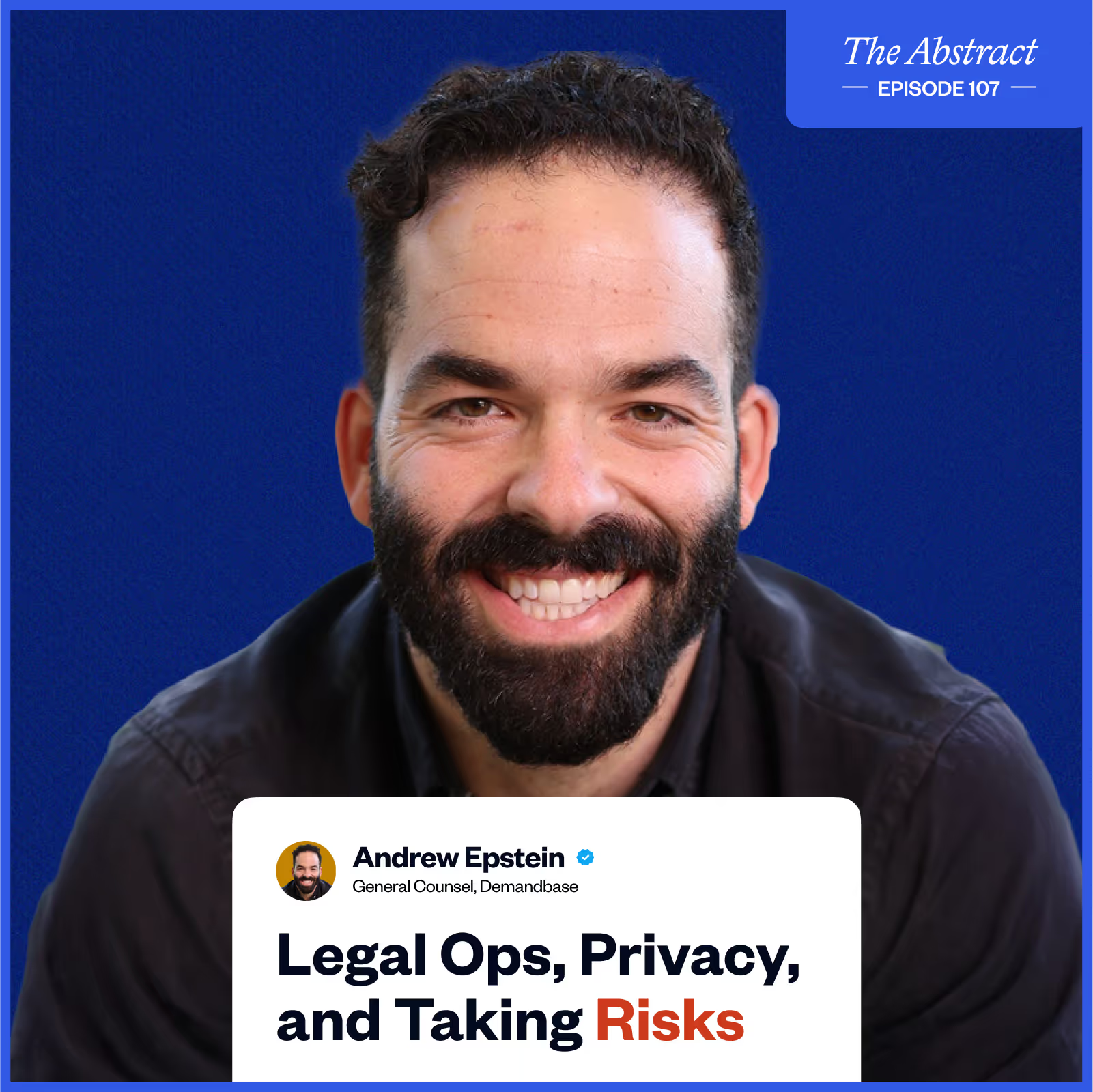


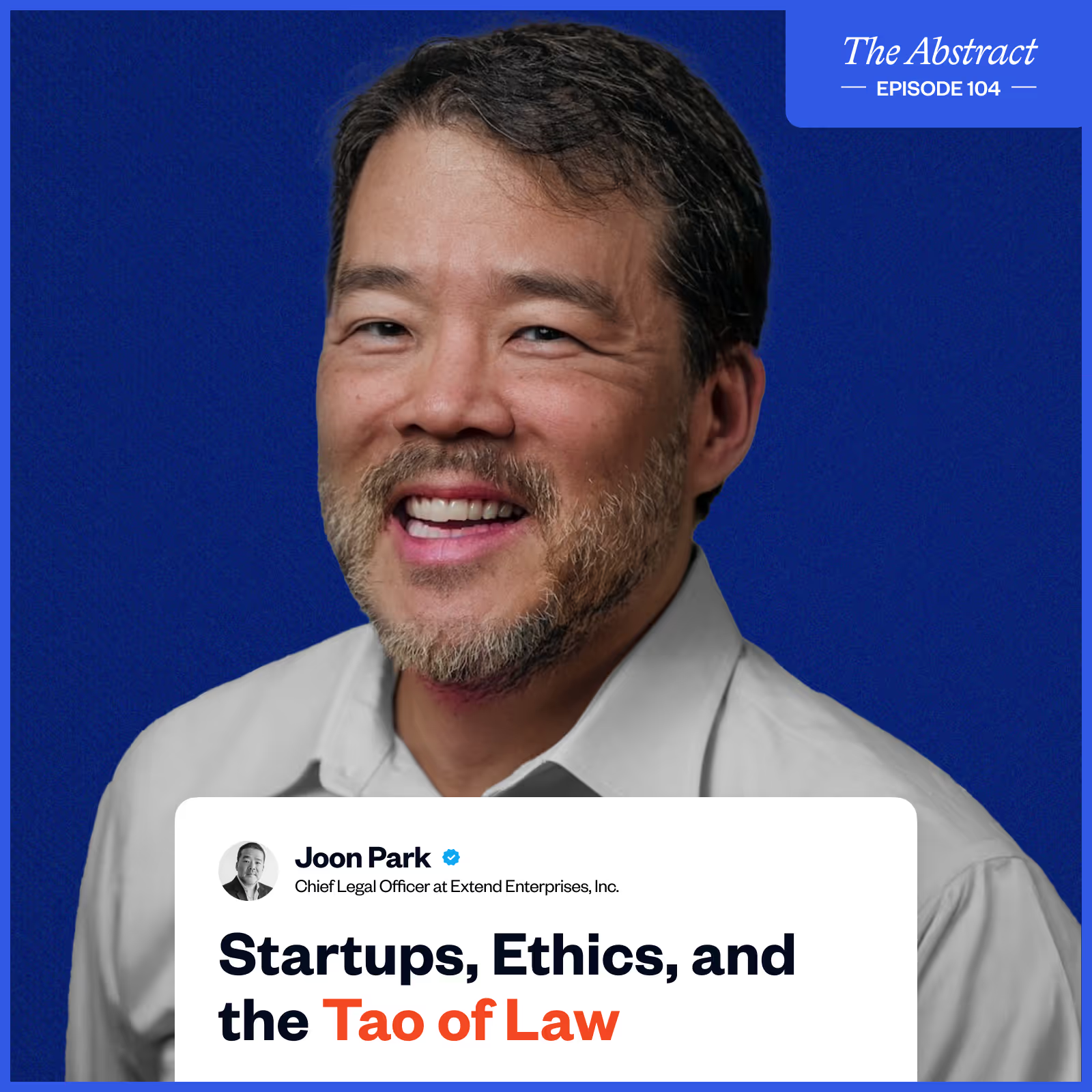

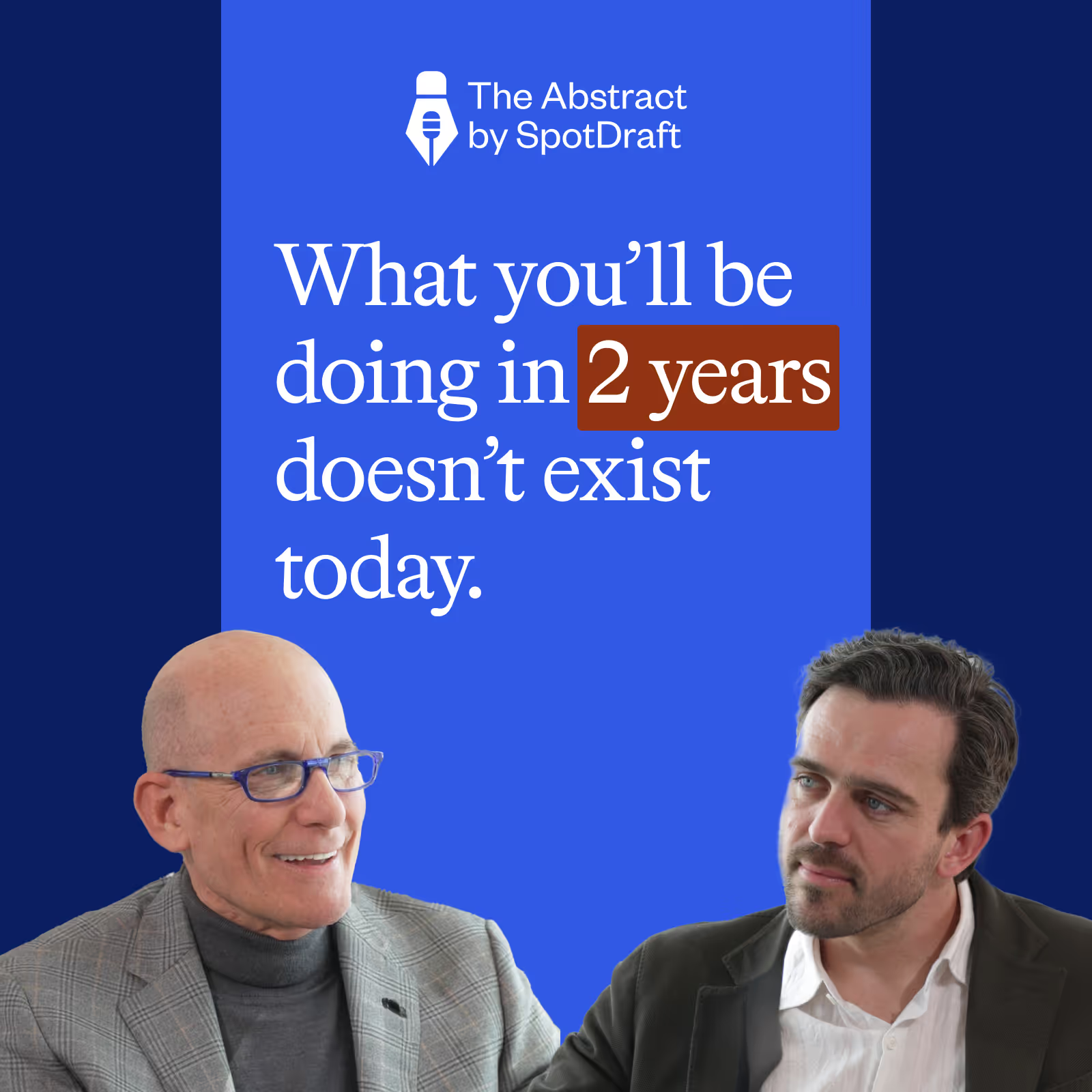







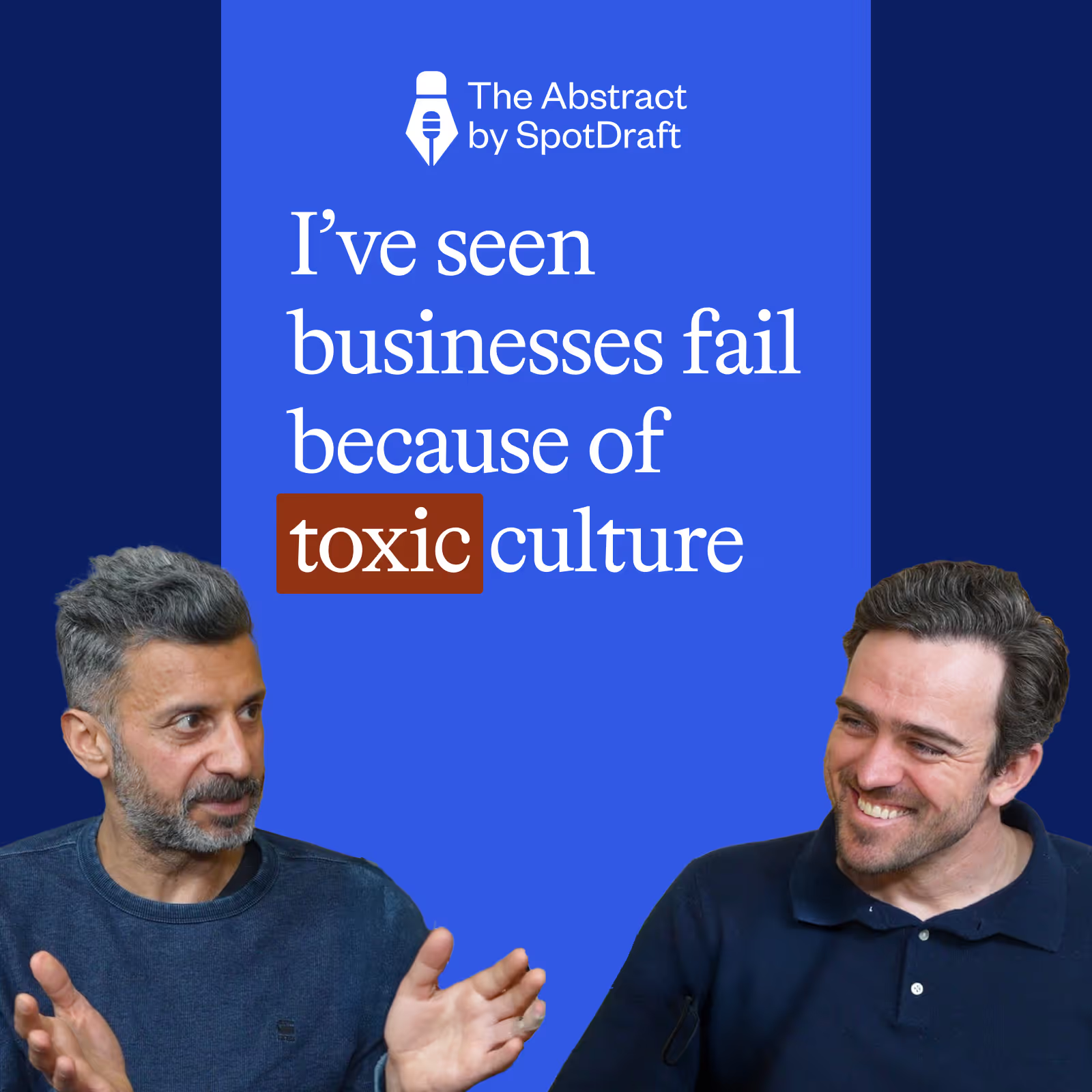

















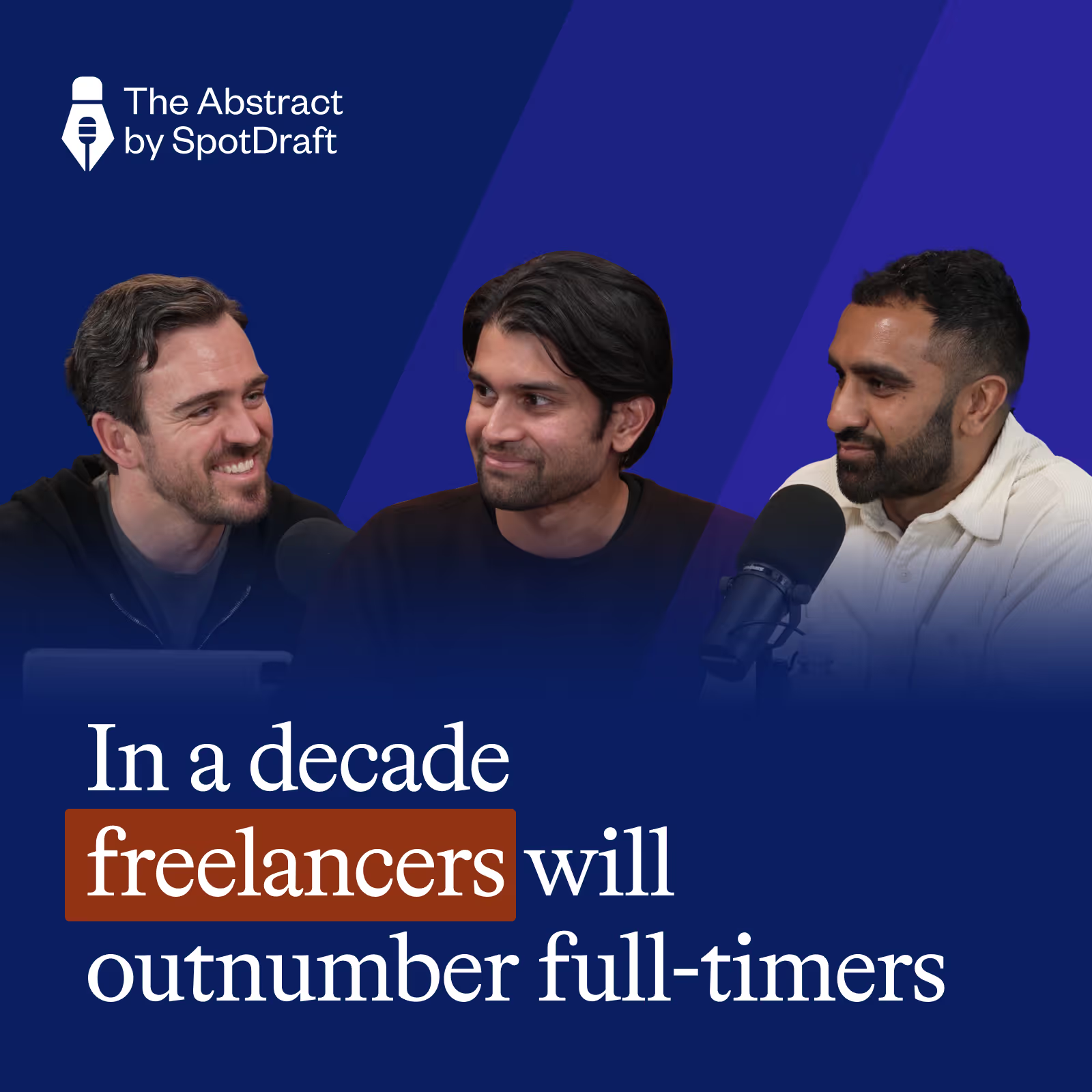











































.avif)







.avif)








